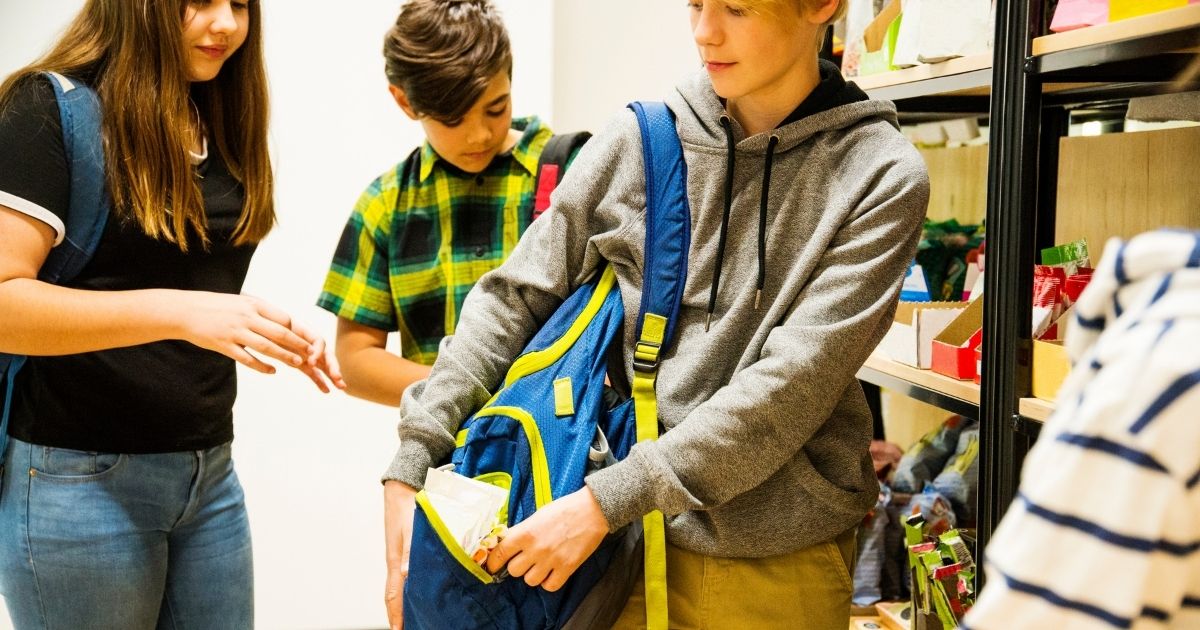When a minor is accused of a crime, parents face uncertainty about what comes next. The juvenile justice process differs significantly from the adult system, and understanding these distinctions can help families prepare for what lies ahead. From legal procedures to potential outcomes, knowing how the system treats juvenile offenders in Fayetteville, Arkansas, can make a crucial difference in decision-making.
What Happens When a Juvenile Is Arrested in Fayetteville?
When a minor is arrested, the process typically begins with an intake procedure. Law enforcement may release the juvenile to a parent or guardian, or the case may be referred to Fayetteville Juvenile Court for further review. Depending on the circumstances, the prosecutor may dismiss the case, handle it informally, or proceed with formal charges.
How Does the Juvenile Justice System Differ From the Adult System?
Juvenile courts aim to rehabilitate rather than punish harshly. While adults face criminal convictions, minors are typically adjudicated delinquent instead. Hearings in juvenile court are often less formal, and sentencing focuses on treatment, education, and community-based programs rather than incarceration.
What Rights Do Juveniles Have During the Process?
Minors have many of the same constitutional protections as adults, including:
- The right to an attorney.
- The right to remain silent.
- The right to confront witnesses.
However, juveniles typically do not have a right to a jury trial, and cases are decided by a judge. Parents should be aware that statements made by their child can be used in court.
Can Juveniles Be Tried as Adults?
In certain cases, a juvenile may be transferred to adult court. This usually occurs with serious charges or repeat offenses. Factors considered include the minor’s age, the severity of the alleged conduct, and prior history. Being tried as an adult exposes the juvenile to harsher penalties and a permanent criminal record.
Possible Outcomes of a Juvenile Case
Outcomes vary depending on the offense, prior record, and Arkansas laws. A judge may order:
- Counseling or therapy
- Community service
- Probation or restitution
- Placement in a juvenile facility
In some cases, the matter may be dismissed if the minor successfully completes a diversion program, reducing the long-term impact on their record.
How Diversion Programs Work in Fayetteville
Diversion programs give juveniles an opportunity to avoid formal adjudication. Programs may include counseling, educational courses, drug treatment, or community service. Successful completion often results in the dismissal of charges, helping preserve a child’s future opportunities.
What Role Do Parents Play?
Parents are central throughout the juvenile process. They are often required to:
- Attend hearings.
- Assist with treatment or diversion programs.
- Maintain communication with the juvenile’s attorney.
Cooperation and guidance can influence the outcome and help their child successfully complete court requirements.
How Does a Juvenile Record Affect the Future?
A juvenile record can impact education, employment, and housing opportunities. In Arkansas, some records may be sealed or expunged after specific conditions are met. However, serious charges or adult court proceedings may make records harder to remove.
Why Legal Representation Is Critical
Having an attorney experienced in juvenile law can make a significant difference. Legal counsel can:
- Challenge evidence.
- Negotiate with prosecutors.
- Work toward rehabilitation-focused outcomes.
Without proper representation, minors may face consequences that could affect their future for years.
Protect Your Child’s Future With an Experienced Fayetteville Criminal Defense Lawyer at Osborne Law Firm
If your child is facing a juvenile crime charge, don’t wait. Contact a Fayetteville criminal defense lawyer at Osborne Law Firm. Call 479-521-7727 or complete our online form today for a free consultation. Located in Fayetteville, we serve clients in Washington County, Benton County, Madison County, Northwest Arkansas, and the surrounding areas.

